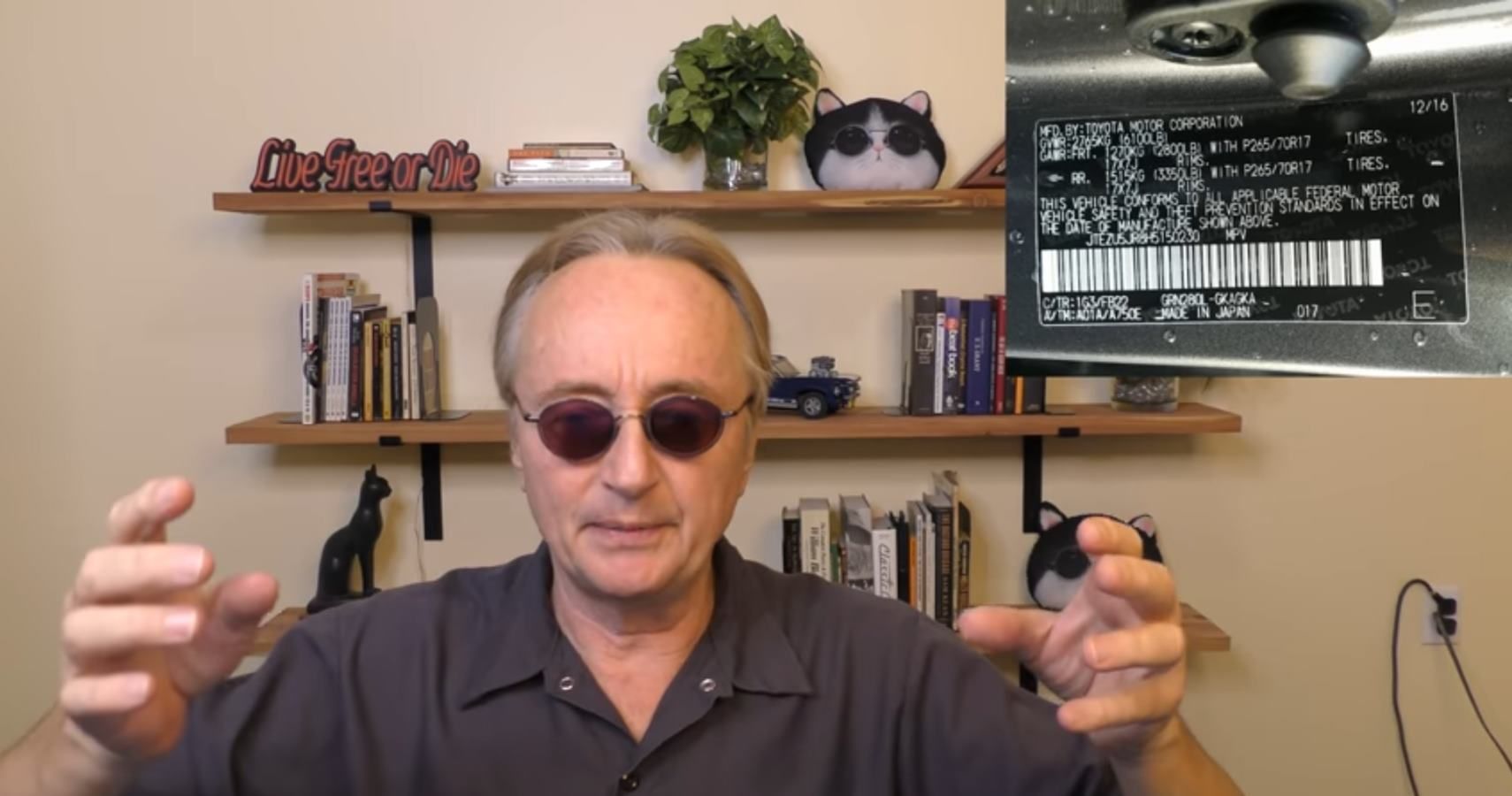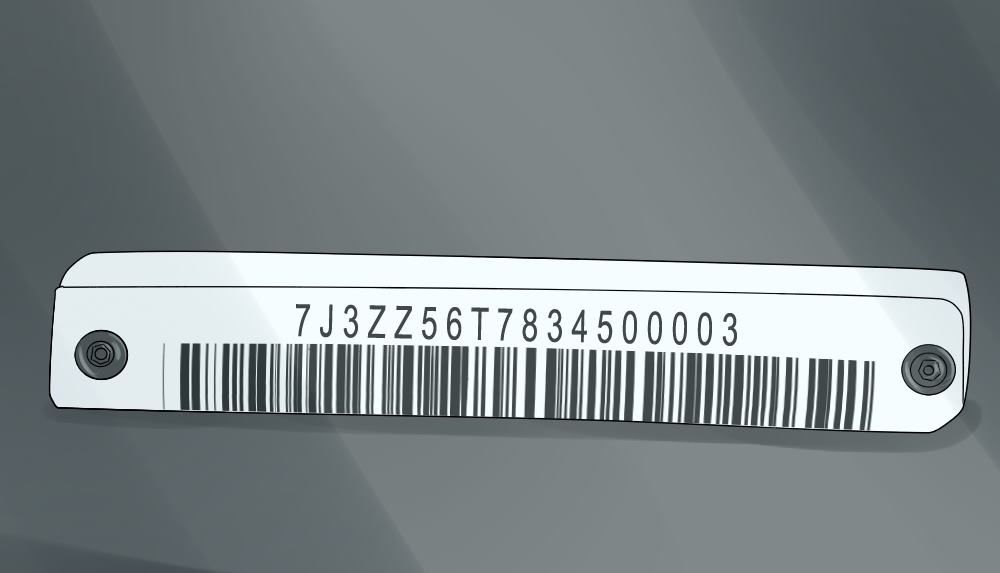In a recent video, automotive YouTuber Scotty Kilmer offers timely advice about VIN scams occurring with some used car purchases. It’s easy, warns Kilmer with his trademark hand gesture-filled style, to get taken by a shady seller and fake VIN information. A red-hot used car market only makes this more inviting for scammers.
As a first step, he advises a buyer to visually check that the VIN under the windshield and on the driver’s door jamb is the same. A VIN check via CARFAX, AutoCheck, or at the NHTSA.gov website can also reveal crucial information. For example, an older vehicle with only recent details in its VIN report is a warning that something is very wrong.
“Only buy a vehicle if you can inspect the title,” Kilmer cautions. He adds, “People will fake anything these days.”
A Red-Hot Used Car Market
The used car market has been sizzling since the early days of the pandemic. Car manufacturers shut factories at the beginning of the crisis making new vehicle supplies tight. Also, many people used their stimulus checks towards car purchases. In addition, the desire to avoid public transit caused some commuters to shift to private vehicles.
“Prices for used cars, trucks and SUVs rose remarkably all summer long as demand far outstripped supply,” reported NPR in an October 28 story. NPR continues, via Cox Automotive, that as of September, wholesale use vehicle values were up by 15% over last year.
Use Free VIN Check Tools
Kilmer’s advice is sound, but today’s used car buyer needs to be aware of advanced rip-offs. Vehicle cloning, a sort of identity theft for vehicles, is a profitable and sophisticated offense says the National Insurance Crime Bureau (NICB). An industry research and advocacy organization, NICB reports that criminals copy a VIN from legally owned and documented vehicles. These cars can be from a dealer, a parking lot, or anywhere. Using this VIN information, the offender applies a counterfeit VIN tag to a stolen or damaged vehicle. With DMV verification for duplicate ownership a rarity, the “cloned” vehicle is sold to an unsuspecting victim, or even willing participant, along with counterfeit documentation.
NICB cites a story of a Florida man who purchased a 2017 Ford F-150 via the OfferUp app. The unsuspecting buyer met the seller at a Daytona Beach gas station. The purchaser inspected the vehicle and its title. Happy with what he believes is a good deal, the buyer hands over $20,000 in cash to the seller. Later, at the DMV, he is informed that the title is a fake. Following an inspection by the police and NICB, multiple fake VIN plates are found on the truck, which was stolen earlier in the year. The vehicle is seized by police and the buyer is out of his money. The cloned information came from a similar California vehicle.
NICB provides a free VIN check tool and other resources.
Sources: NPR, CarGurus, NCIB


